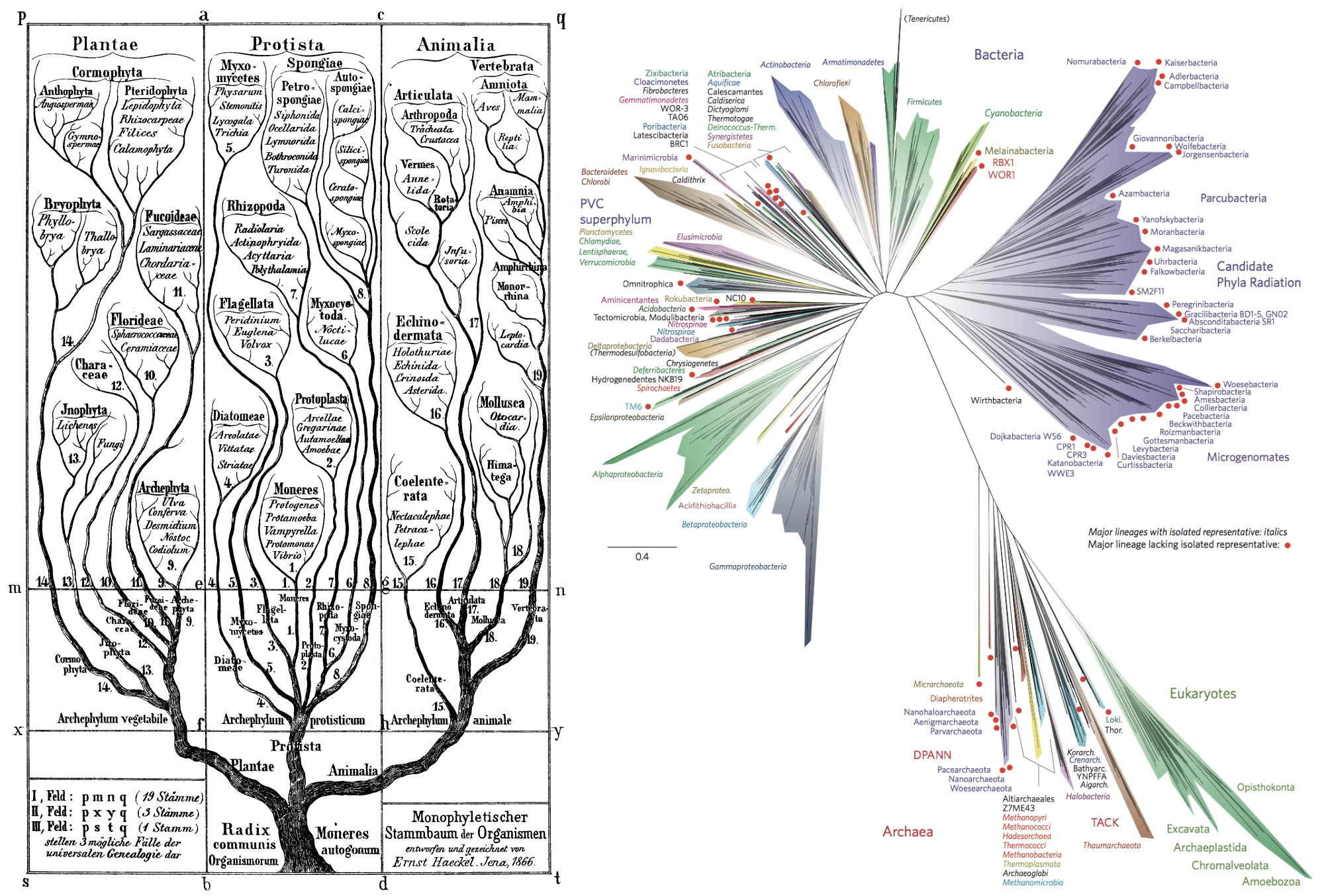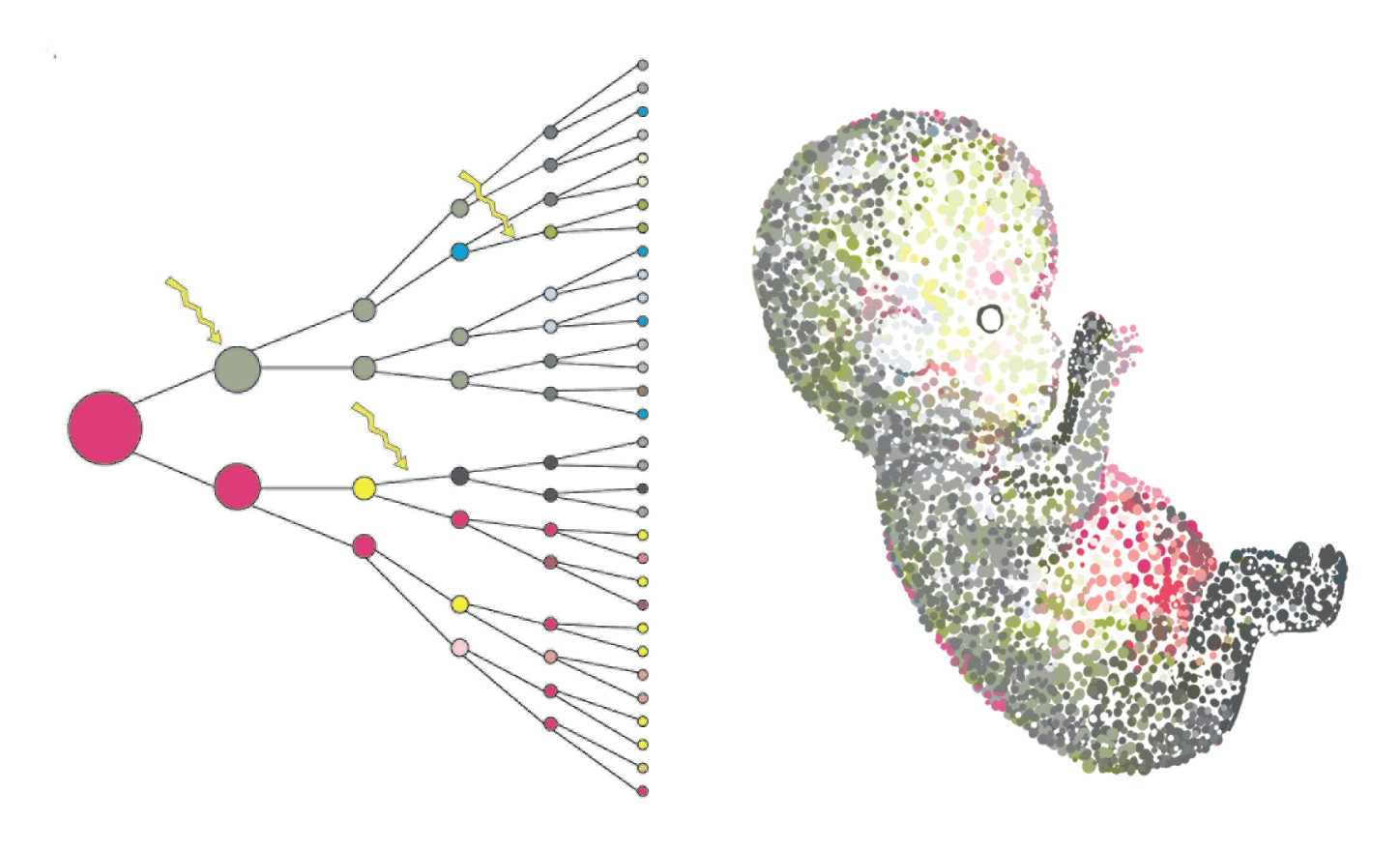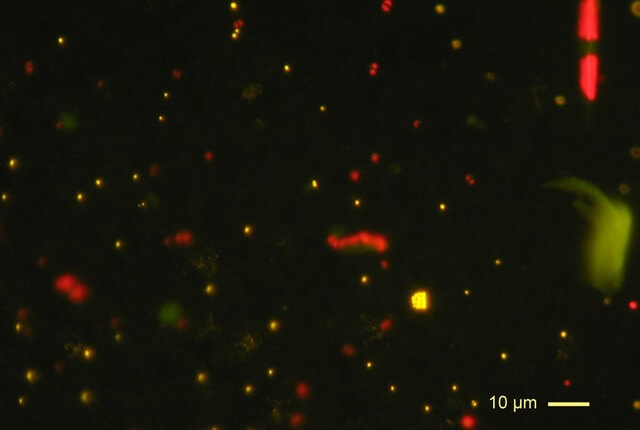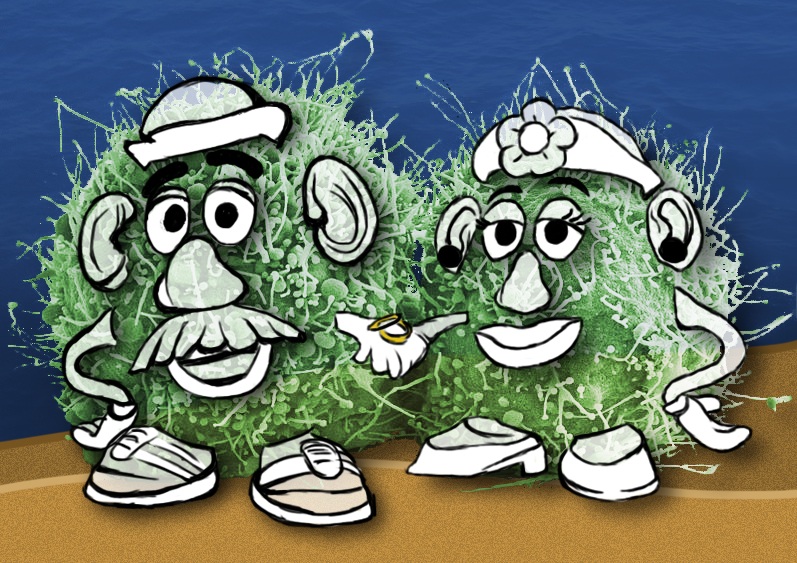
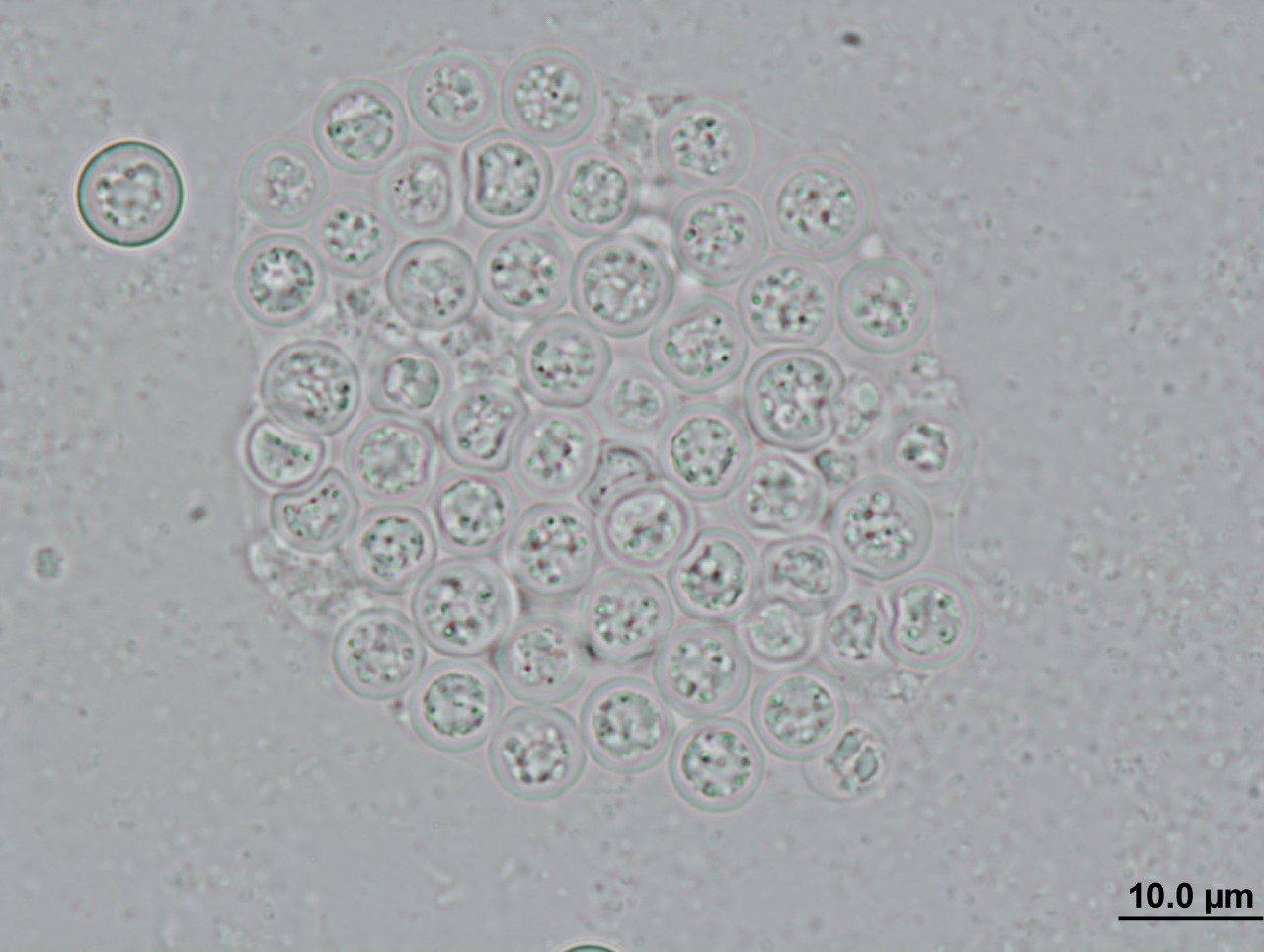
Tadpoles experiencing mass die-offs: Are protozoan parasites the cause?
22/09/2017 | Author: Vanessa Smilansky
As recently as 2006, travellers to Panama might have been treated to the spectacle of golden frogs brilliantly coloured against the deep green leafy background of the high mountains. Or perhaps they would have heard their calls rising up in a chorus with numbers reaching the thousands. […]

Chemical Hammer Needed
06/10/2017 | Author: Javier Florenza
The information containing the building plan of all organisms and its proper function is stored in the genetic material, the DNA. It somehow defines as well the kind of creature carrying it, and also its uniqueness. That means our DNA makes us humans yet it also is the basis for the differences between you and your friends and neighbours. […]
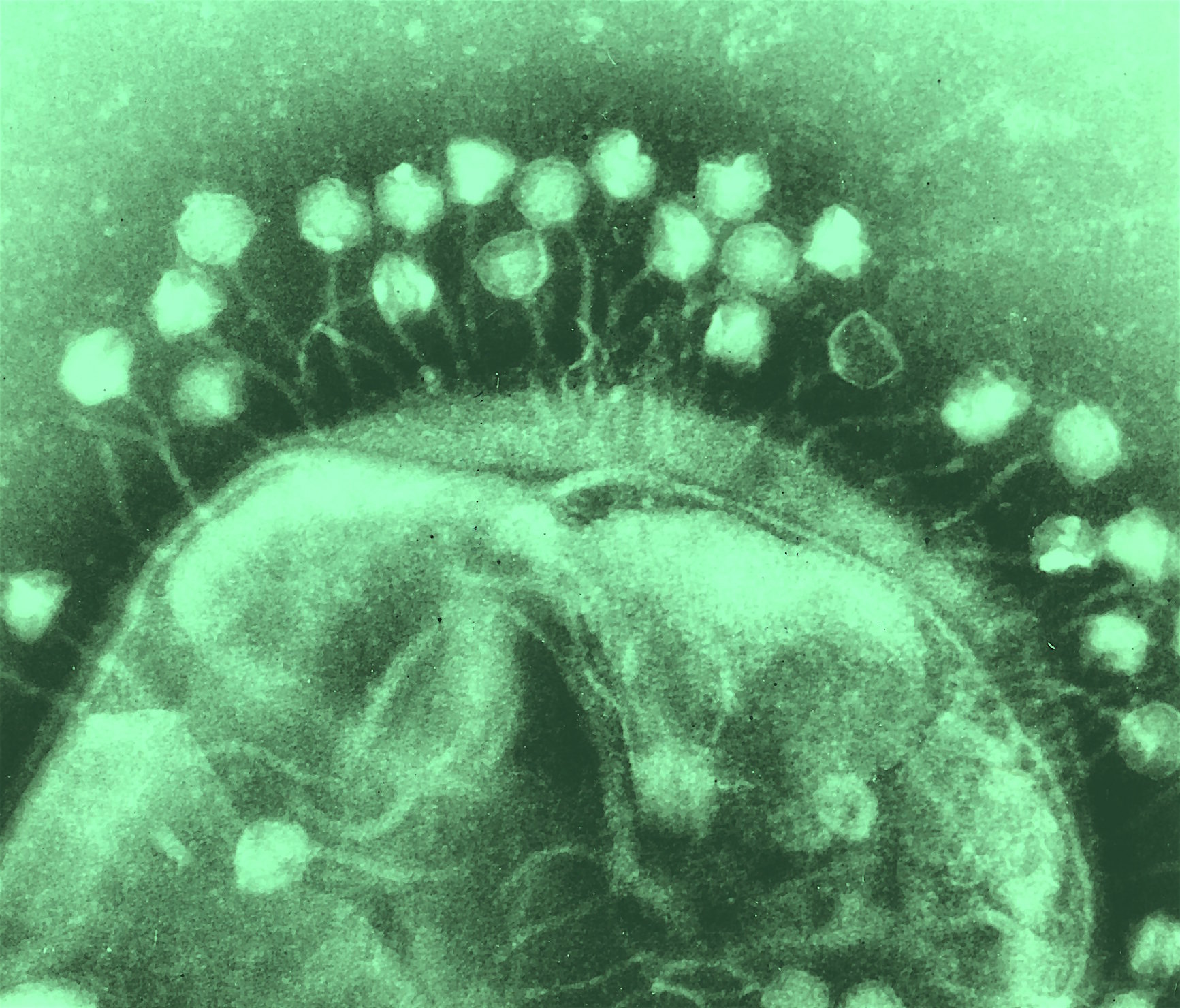
The virus in a drop of ocean and in a drop of you
20/10/2017 | Author: Luiz Felipe de Almeida
Viruses. They are everywhere. They are the most abundant creatures on the planet. Probably you have heard about them when you get sick at home for a few days or when you watch the news about the next big pandemic. Now, in your body must be at least millions of viruses in each cell of you. Most certainly you don’t like them at all […]
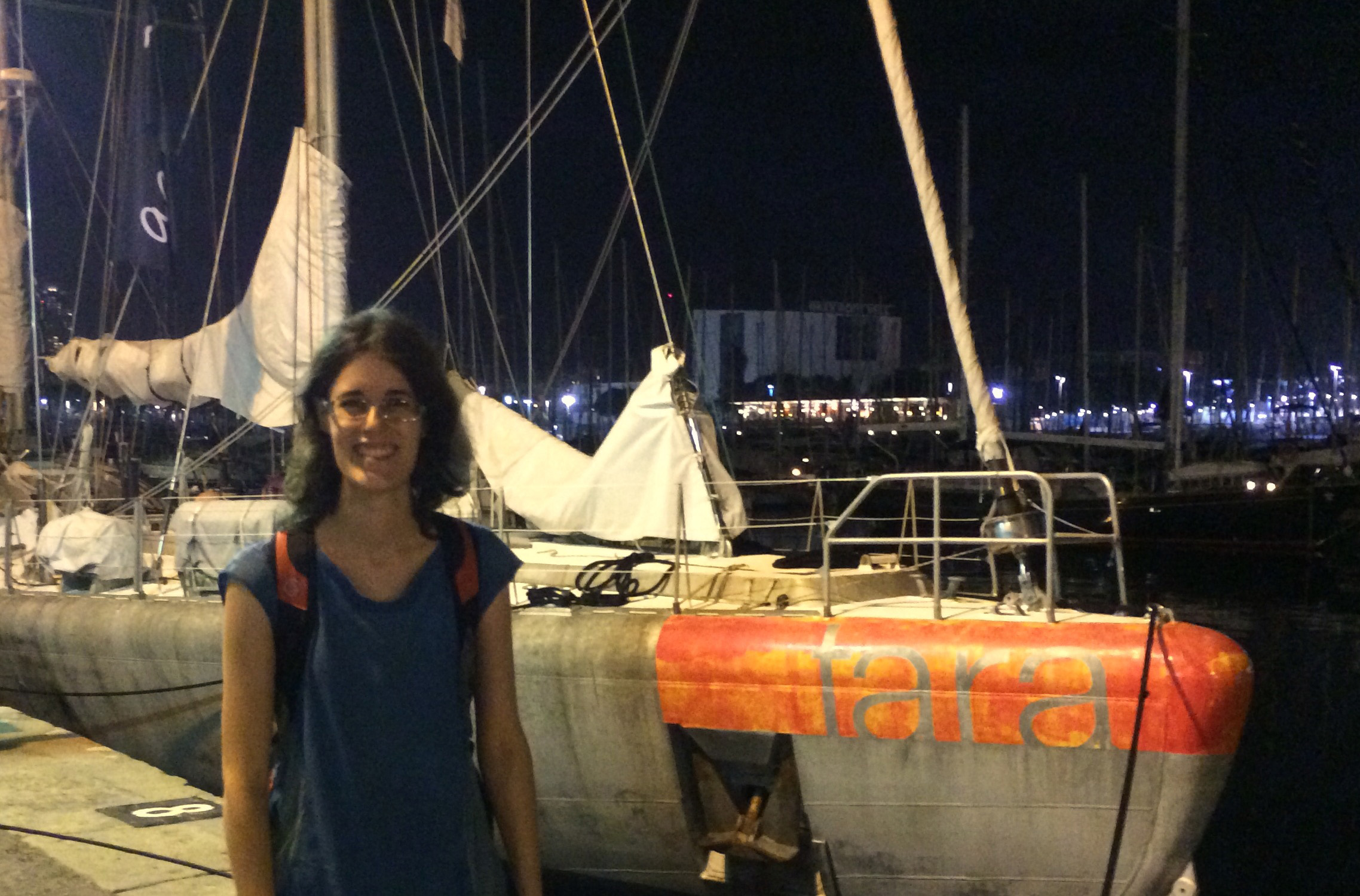
A floating lab to understand our planet
24/11/2017 | Author: Laura Rubinat
I remember spending a long afternoon at the faculty working with some colleagues. It was a day in October and the streets of Barcelona were quiet empty, probably it was getting late. As I left the university library, I said goodnight to everyone and made my way straight towards the Moll de la Fusta quay. Finally. […]
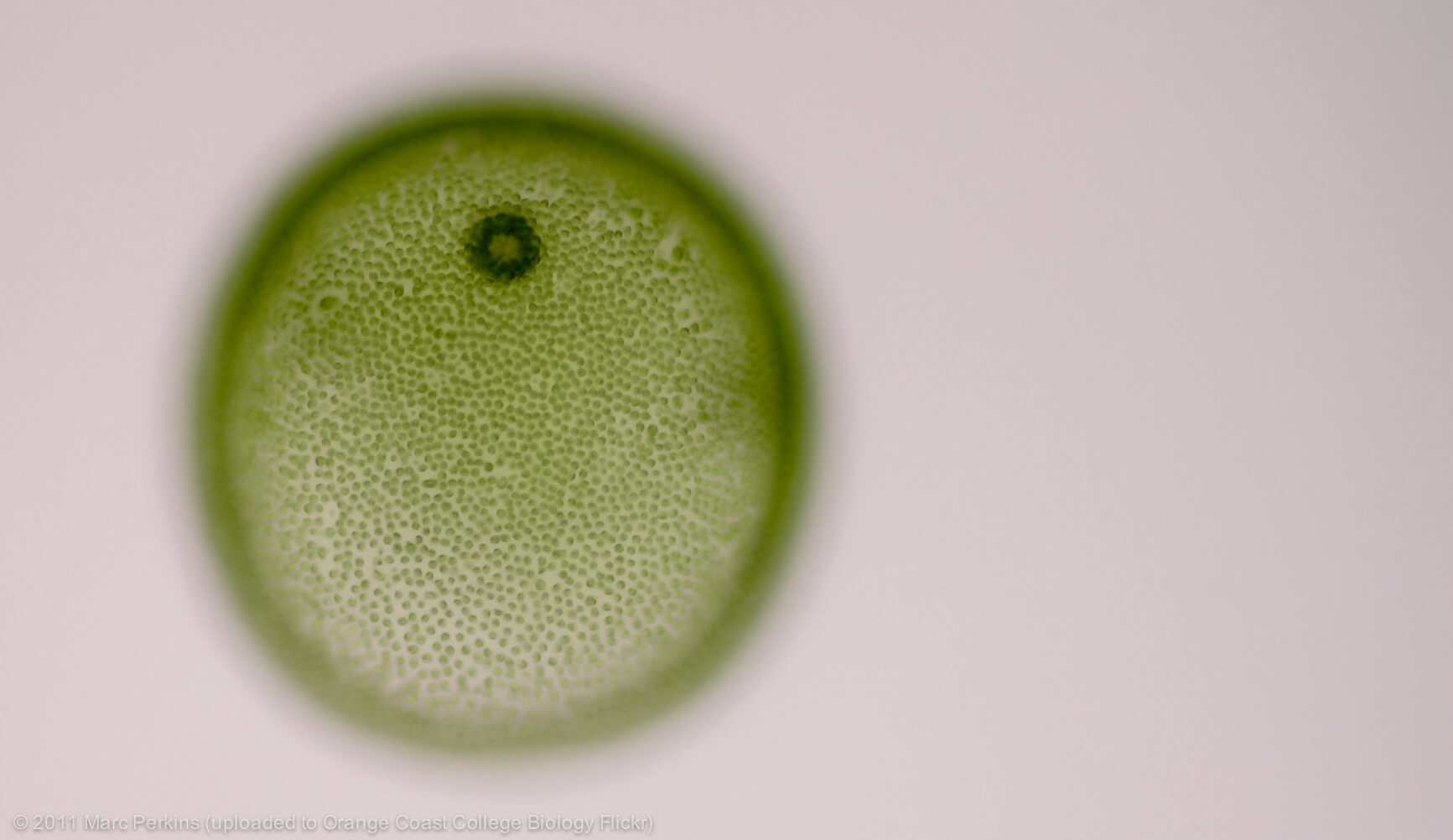
Cells as micromachines: there no better engineer than nature
1/12/2017 | Author: Jari Iannuci
My career path is somewhat unusual. I studied engineering and now I do my PhD with microorganisms. I am amazed by the complexity and efficiency of living systems. No mechanical device and no super computer does even get near the intricate details and complex[…]
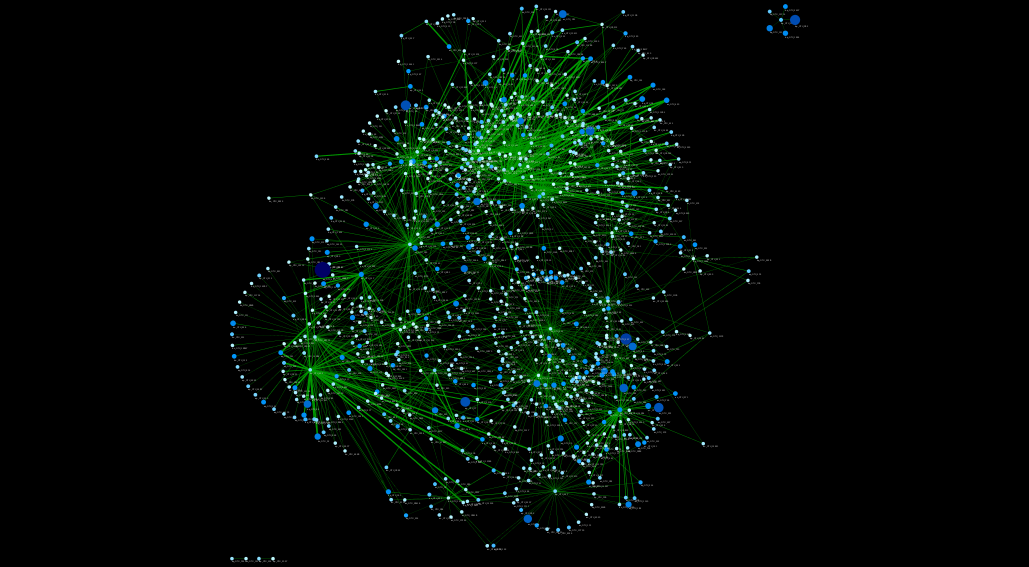
The who with whom? Marine microbial interactions networks
15/12/2017 | Author: Ina Maria Deutschmann
Just as we interact with other people, living beings, and nature, microbes also interact with their surroundings. To understand the marine microbial ecosystem, we need to understand these interactions. Phenomena like climate change can have a negative impact on this system. However, the marine microbial[…]
Filling the Gaps with dark matter – reconstructing the tree of life
05/01/2018 | Author: Max Emil Schön
The tree of Life as we currently display it, is full of gaps and missing parts, reflecting enormous evolutionary distances between organisms. These gaps make it hard to confidently make statements about their evolution. Luckily, we are living in exciting times, where environmental sequencing enables researchers to describe new orders and even phyla […]
THE BROAD APPLICATIONS OF SINGLE CELL TECHNOLOGY
08/02/2018 | Author: Atefeh Lafzi
Single cell technology – the technology that makes it possible to study individual cells rather studying cultured colonies consisting of thousands or millions of cells – has provided us a magnifier to look at cells one by one and to study them separately and of course more precisely!
So far under the SINGEK consortium, we have always been talking about single cells that are uncultured microbes or more specifically microbial eukaryotes.
NO LONGER AN IMAGINARY WORLD
22/02/2018 | Author: Luis Galindo
Mark Twain once said, “You can’t depend on our eyes when your imagination is out of focus”. The famous writer probably had other things on his mind when he coined this phrase, but I consider it as a good starting point for the request I am about to make.
My request is rather simple, I just want you to imagine. I want to imagine a world where your eyes just perceive a small part of a bigger world around you.
PLEASE, MIND THE GAP
09/03/2018 | Author: Aurelie Labarre
Reporting a lack of genomic diversity in the databases; a call to sequence more reference – and draft-quality genomes to significantly increase the understanding of marine microbial eukaryotes.
The oceans are Earth’s largest ecosystem, representing 71% of the planet’s surface. Despite its vastness, the diversity of the oceans’ life remains rather unknown.
SOFTWARE DEVELOPMENT FOR SCIENTISTS
23/03/2018 | Author: Imer Muhović
Science is an inherently difficult field to work in. Today, more than ever scientists have to combine deep technical knowledge from different disciplines in order to create publishable work. Computational skills are expected from almost all scientists, however not everyone has acquired‚ them during their studies. This problem is amplified by the fact that a lot of scientific software is simply bad.
SINGLE AND READY TO MINGLE: THE PROS AND CONS OF A MULTICELLULAR LIFESTYLE
06/04/2018 | Author: Konstantina Mitsi
Multicellularity is an exception, an extravagant and very expensive state, a luxury that very few organisms can afford from an evolutionary perspective. In addition, being unicellular allows you to be a cellular bachelor for life, independent and with no responsibilities towards anyone. Therefore, it still remains one of the greater mysteries of modern biology what convinced some cells to take the big step and to inseparably link their fates to others as part of the same entity.

